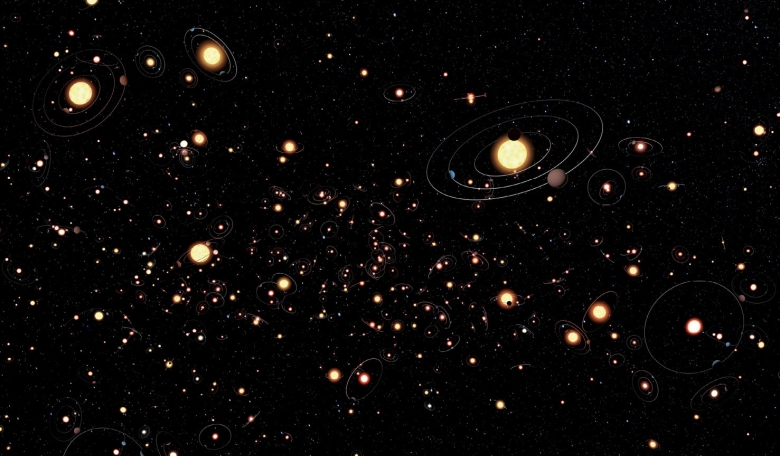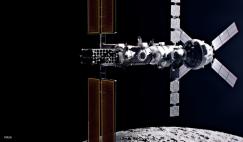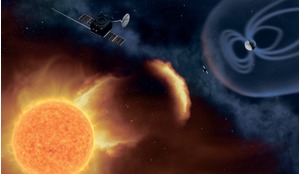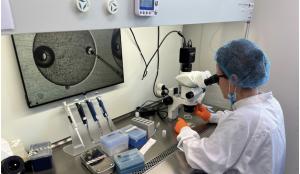Our theories and ideas of exoplanets around other stars have changed dramatically in the last couple of decades and the number of new planets that are being discovered is steadily increasing with each dedicated planet-hunting survey. But finding worlds out there that are similar to our own is still one of the hardest challenges faced by researchers. Hoping to change all of that is ESA’s newest M-class mission, PLAnetary Transits and Oscillations of stars, otherwise known as PLATO, and its main objective is to search for Earth-like planets in the habitable zone of stars like the Sun.
The existence of other worlds out there in the cosmos has long been a staple of science fiction. It should come as no surprise then that these extra-solar planets, or ‘exoplanets’, have also been a subject of interest to scientists and philosophers for centuries. As long ago as 300 BC people were wondering whether or not there really were other worlds out there, how many there were, what they were like and whether or not they sustained life. Unfortunately, our ability to detect exoplanets lagged a long way behind our ability to imagine them but now, despite some false starts along the way, our ambition is finally being realised.
The discovery of the first exoplanetary system was confirmed in 1992, and it was nothing like our solar system. It contained two planets but they were not orbiting a star like our Sun. Instead they were orbiting a pulsar!














